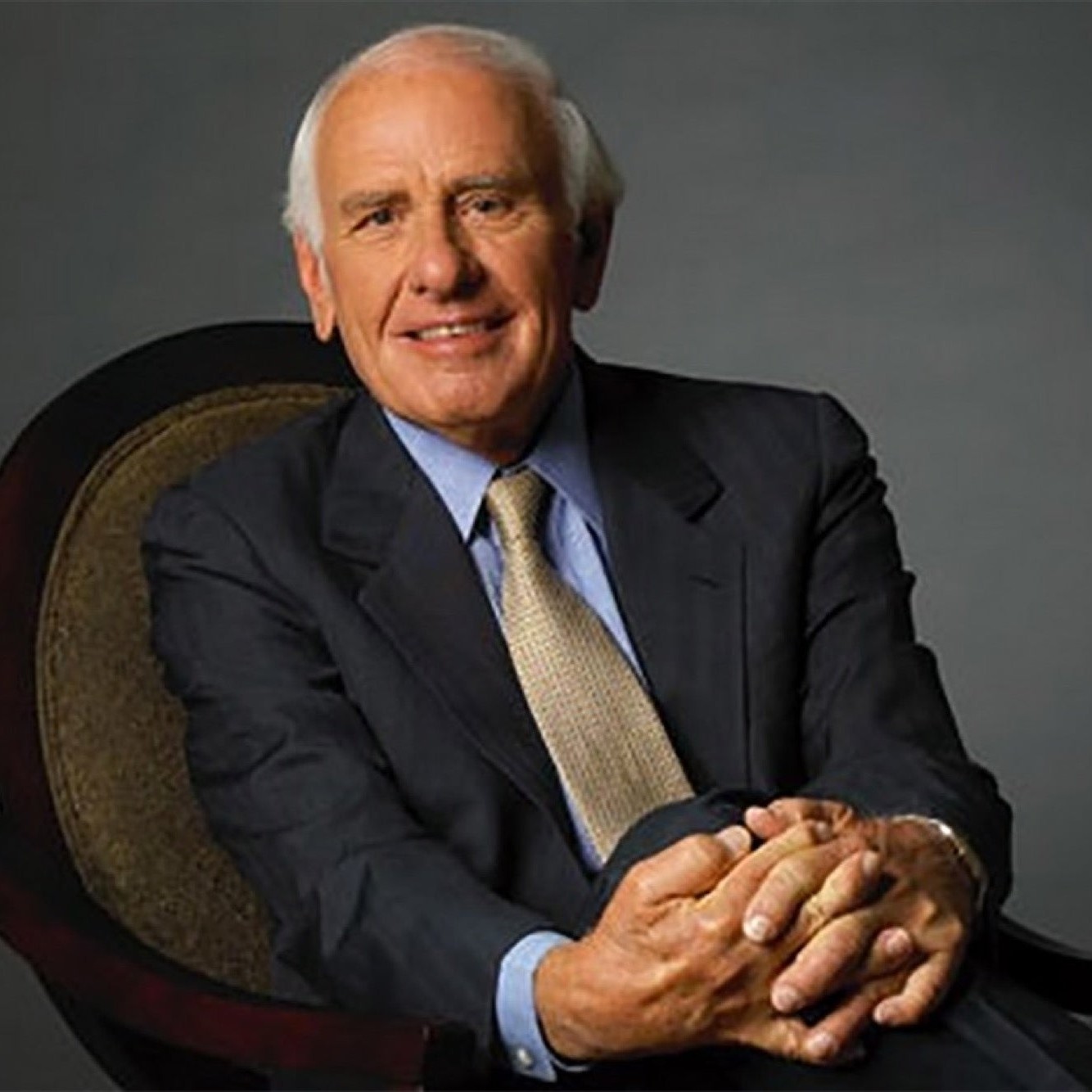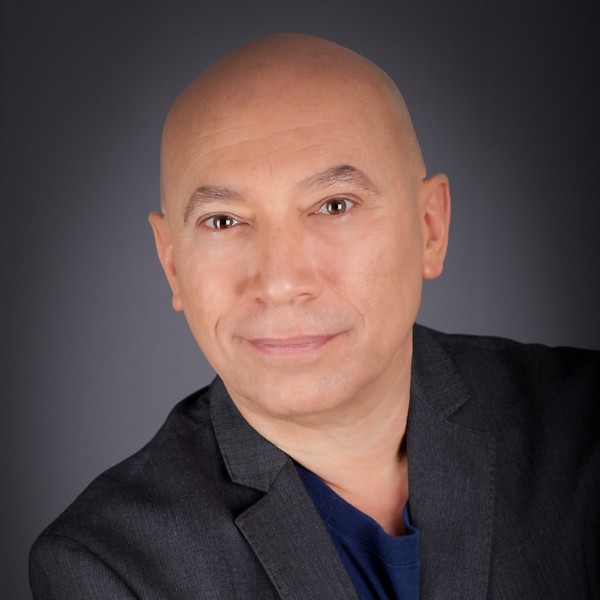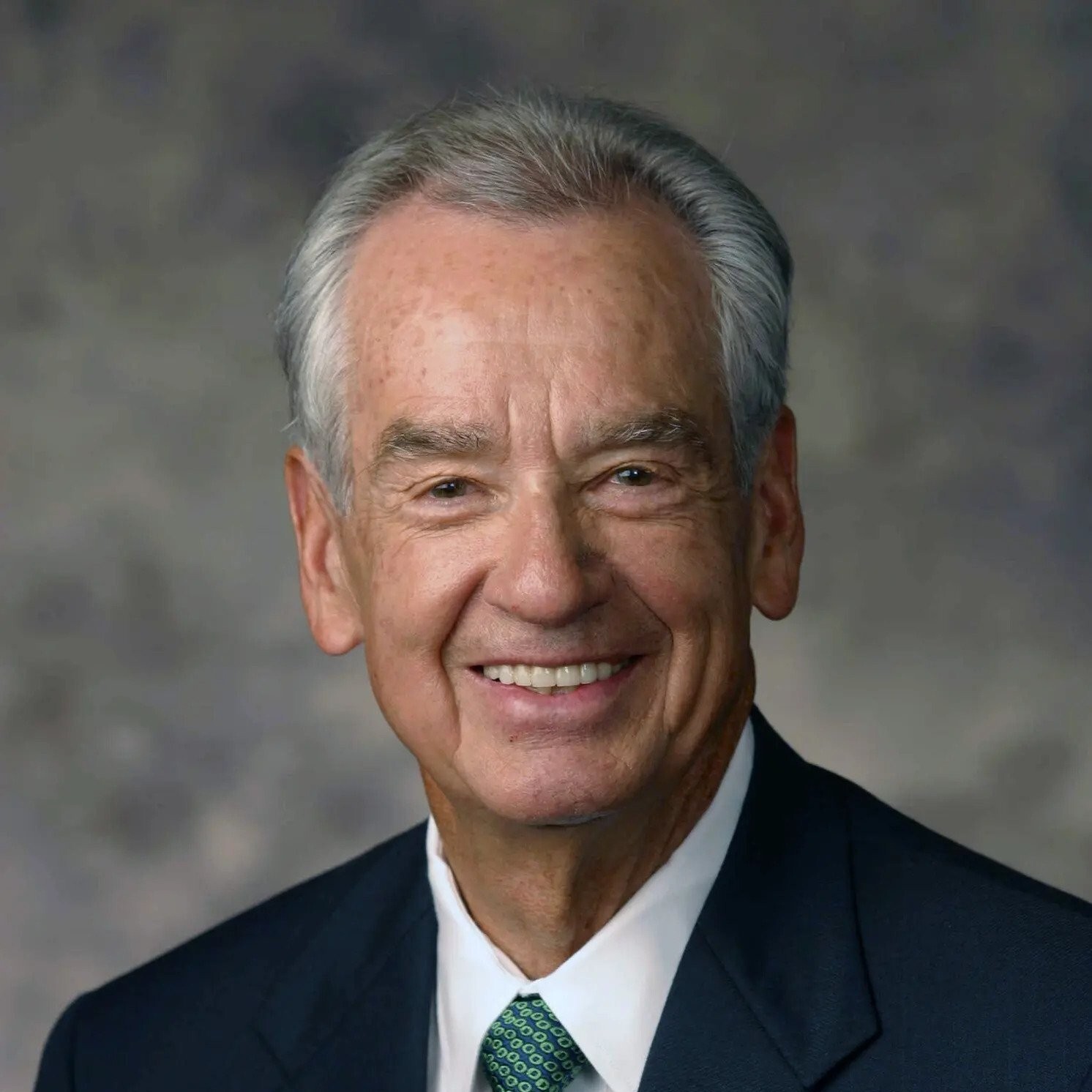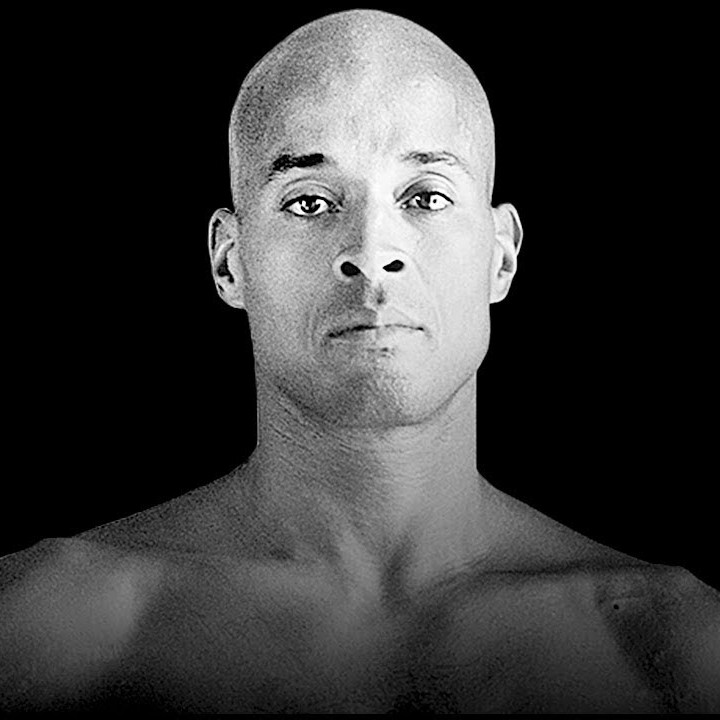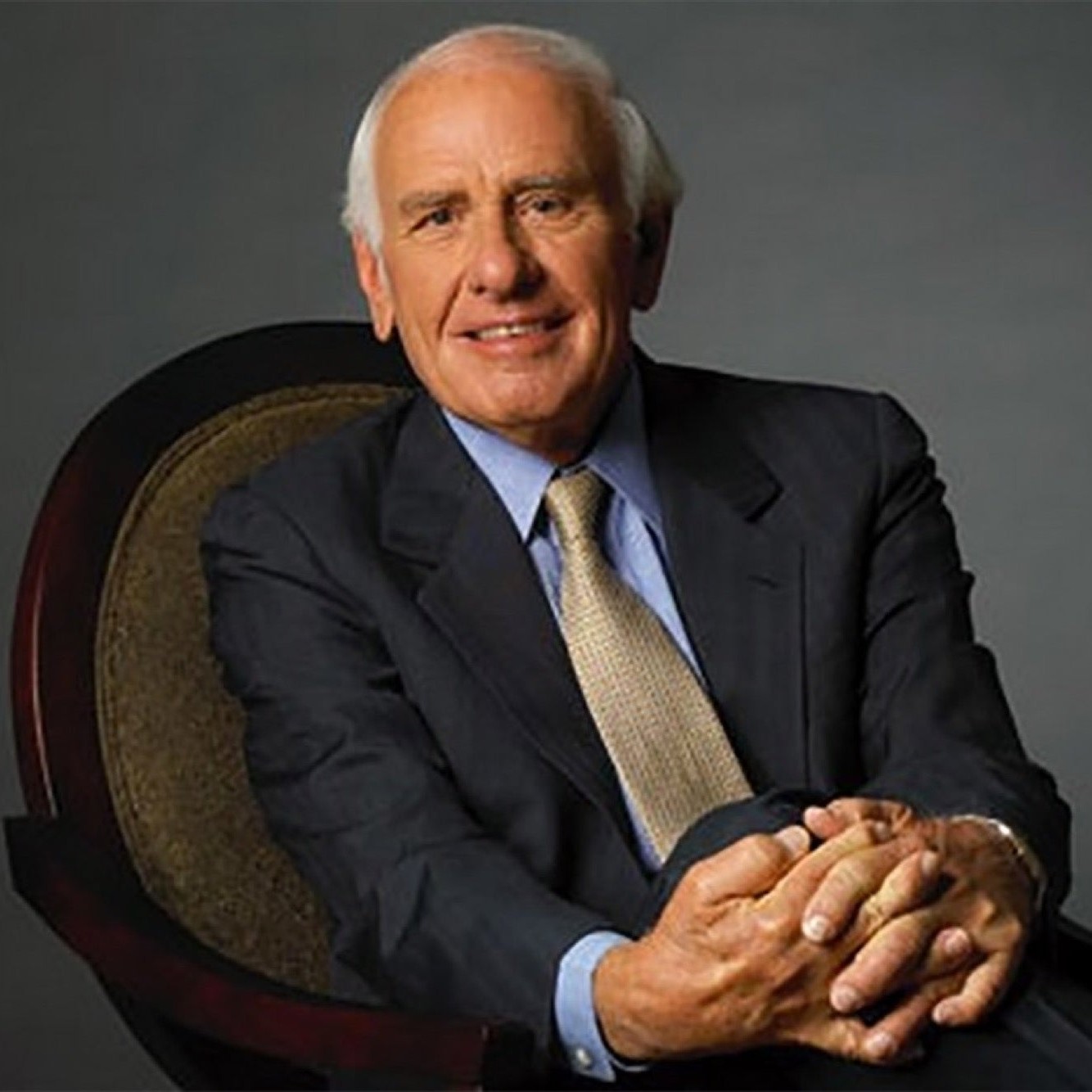Change Your Thoughts, Change Your Life - Wayne Dyer
Digest
This episode of the Resilient Mind Podcast features Wayne Dyer discussing his philosophy of "Change Your Thoughts, Change Your Life." He emphasizes that true change comes from shifting our mindset, not just our behaviors. Dyer shares his own transformative experience of letting go of material possessions and embracing a new chapter in his life at the age of 65. He highlights the profound impact of studying the Tao Te Ching, a book he describes as a manual for achieving integrity, joy, peace, and balance. Dyer emphasizes the importance of trusting our own nature, living in contentment, and practicing radical humility. He shares personal anecdotes and stories to illustrate these principles, including a heartwarming story about his son and a favorite T-shirt. Dyer encourages listeners to create a sacred space for themselves, to let go of attachments, and to embrace a life of trust and humility. He concludes by emphasizing the importance of gratitude and living in a state of thankfulness.
Outlines

Introduction
This Chapter introduces the Resilient Mind Podcast and the episode's guest, Wayne Dyer, who will be discussing his philosophy of "Change Your Thoughts, Change Your Life."

Changing Your Thoughts, Changing Your Life
This Chapter delves into Wayne Dyer's core philosophy, emphasizing that true change comes from shifting our mindset, not just our behaviors. He shares his own transformative experience of letting go of material possessions and embracing a new chapter in his life at the age of 65.

The Wisdom of the Tao Te Ching
This Chapter explores Wayne Dyer's deep connection with the Tao Te Ching, a book he describes as a manual for achieving integrity, joy, peace, and balance. He shares his personal journey of studying the book and how it has impacted his life.

Lao Tzu and Confucius
This Chapter delves into the historical context of the Tao Te Ching, highlighting the influence of Lao Tzu and his encounter with Confucius. Dyer shares a story about Confucius's encounter with Lao Tzu, emphasizing the profound wisdom of the Tao.

Returning to Our Divine Essence
This Chapter explores the concept of "returning" as taught by the Tao Te Ching, emphasizing the idea of returning to our divine spiritual essence. Dyer connects this concept to the idea of "dying while you're alive" and the importance of letting go of attachments.

Creating a Sacred Space
This Chapter encourages listeners to create a sacred space for themselves, a place where they can connect with their inner selves and cultivate a sense of peace and tranquility. Dyer shares his own practice of creating a sacred space and the transformative experiences he has had within it.
Keywords
Tao Te Ching
The Tao Te Ching is an ancient Chinese text attributed to Lao Tzu, considered one of the most influential works of philosophy and spirituality in the world. It explores the principles of the Tao, the natural order of the universe, and offers guidance on living in harmony with this order. The text emphasizes concepts such as balance, non-action, and the importance of living in accordance with one's true nature. It has been translated into numerous languages and continues to be studied and revered by people from diverse backgrounds.
Wayne Dyer
Wayne Dyer (1940-2015) was an American self-help author, speaker, and psychologist. He was known for his work on self-esteem, self-acceptance, and the power of positive thinking. His most famous book, "Your Erroneous Zones," sold over 30 million copies and became a bestseller. Dyer's teachings emphasized the importance of taking responsibility for our own happiness and creating a life of purpose and meaning. He was a popular figure in the self-help movement and his work continues to inspire people around the world.
Change Your Thoughts, Change Your Life
This is the title of Wayne Dyer's book and a core philosophy that he emphasizes throughout his work. It suggests that our thoughts have a profound impact on our lives and that by changing our thoughts, we can change our experiences and create a more fulfilling life. This philosophy encourages individuals to become more aware of their thoughts and to cultivate positive and empowering beliefs.
Lao Tzu
Lao Tzu (pronounced "Lao-tzu") is a legendary figure in Chinese history and philosophy, traditionally credited with writing the Tao Te Ching. While his historical existence is debated, his teachings have had a profound impact on Chinese culture and thought. Lao Tzu is revered as a sage and his work emphasizes the importance of living in harmony with the Tao, the natural order of the universe. His teachings emphasize concepts such as balance, non-action, and the importance of living in accordance with one's true nature.
Contentment
Contentment refers to a state of being satisfied and at peace with what one has. It is a sense of inner fulfillment and gratitude, rather than a desire for more. Contentment is often associated with a sense of acceptance and appreciation for the present moment. It is a key principle in many spiritual and philosophical traditions, as it encourages individuals to focus on what they have rather than what they lack.
Radical Humility
Radical humility is a state of being deeply aware of one's limitations and imperfections, while simultaneously recognizing the inherent worth and dignity of all beings. It is a profound sense of interconnectedness and a willingness to serve others without seeking recognition or reward. Radical humility is often associated with a sense of compassion, empathy, and a deep understanding of the interconnectedness of all things.
Sacred Space
A sacred space is a place or state of being that is set apart as special and dedicated to spiritual or contemplative practices. It can be a physical location, such as a room, a garden, or a natural setting, or it can be an inner state of mind. Sacred spaces are often associated with a sense of peace, tranquility, and connection to something greater than oneself. They provide a sanctuary for reflection, meditation, and spiritual growth.
Letting Go
Letting go is a process of releasing attachments to material possessions, beliefs, emotions, or experiences that no longer serve us. It is a key principle in many spiritual and psychological traditions, as it encourages individuals to live more freely and authentically. Letting go can involve releasing negative emotions, forgiving others, or simply accepting the impermanence of life. It is often associated with a sense of liberation and inner peace.
Trust
Trust is a fundamental element of human relationships and a key principle in many spiritual and philosophical traditions. It involves a willingness to believe in something or someone, even in the absence of complete certainty. Trusting in ourselves, in others, and in a higher power can lead to greater peace, security, and fulfillment. It is often associated with a sense of faith, hope, and the belief that things will work out for the best.
Entitlement
Entitlement refers to a sense of deservingness or expectation that one is owed something, often without having earned it. It can manifest as a feeling of superiority, a sense of being owed special treatment, or a belief that one is exempt from the rules that apply to others. Entitlement can lead to feelings of resentment, anger, and a lack of empathy for others. It is often associated with a sense of self-importance and a lack of gratitude.
Q&A
What is Wayne Dyer's core philosophy, and how does he illustrate it?
Wayne Dyer's core philosophy is "Change Your Thoughts, Change Your Life." He believes that true change comes from shifting our mindset, not just our behaviors. He illustrates this by sharing his own transformative experience of letting go of material possessions and embracing a new chapter in his life at the age of 65.
What is the Tao Te Ching, and how does Wayne Dyer view it?
The Tao Te Ching is an ancient Chinese text attributed to Lao Tzu, considered one of the most influential works of philosophy and spirituality in the world. Wayne Dyer views it as a manual for achieving integrity, joy, peace, and balance. He shares his personal journey of studying the book and how it has impacted his life.
What are some key principles that Wayne Dyer emphasizes from the Tao Te Ching?
Wayne Dyer emphasizes the importance of trusting our own nature, living in contentment, and practicing radical humility. He believes that these principles can lead to a more fulfilling and meaningful life.
How does Wayne Dyer encourage listeners to create a sacred space?
Wayne Dyer encourages listeners to create a sacred space for themselves, a place where they can connect with their inner selves and cultivate a sense of peace and tranquility. He shares his own practice of creating a sacred space and the transformative experiences he has had within it.
What is the significance of "dying while you're alive" according to Wayne Dyer?
Wayne Dyer believes that "dying while you're alive" is a process of letting go of attachments and embracing the impermanence of life. He suggests that by releasing our attachments, we can experience greater freedom and inner peace.
How does Wayne Dyer illustrate the importance of letting go of attachments?
Wayne Dyer illustrates the importance of letting go of attachments through a heartwarming story about his son and a favorite T-shirt. He emphasizes that true happiness comes from giving freely, not from accumulating possessions.
What is the 80/20 rule, and how does it relate to Wayne Dyer's teachings?
The 80/20 rule suggests that 80% of our possessions are rarely used, while 20% are used frequently. Wayne Dyer encourages listeners to apply this rule to their lives by giving away the 80% that they don't use, practicing detachment and contentment.
What is the importance of gratitude according to Wayne Dyer?
Wayne Dyer emphasizes the importance of gratitude as a key to living a fulfilling life. He suggests that starting each day with a simple expression of thankfulness can cultivate a sense of contentment and appreciation for the present moment.
How does Wayne Dyer connect the concept of "returning" to the Tao Te Ching?
Wayne Dyer connects the concept of "returning" to the Tao Te Ching by emphasizing the idea of returning to our divine spiritual essence. He suggests that by letting go of attachments and embracing our true nature, we can return to a state of wholeness and unity.
What is the role of trust in Wayne Dyer's philosophy?
Trust is a fundamental element of Wayne Dyer's philosophy. He encourages listeners to trust in their own nature, in others, and in a higher power. He believes that trust can lead to greater peace, security, and fulfillment.
Show Notes
Wayne Dyer was a renowned American self-help author and motivational speaker who dedicated his life to inspiring others to live their best lives. Born on May 10, 1940, in Detroit, Michigan, Dyer began his career as a high school guidance counselor before transitioning to writing and speaking full time.
Take action and strengthen your mind with The Resilient Mind Journal. Get your free digital copy today: Download Now









